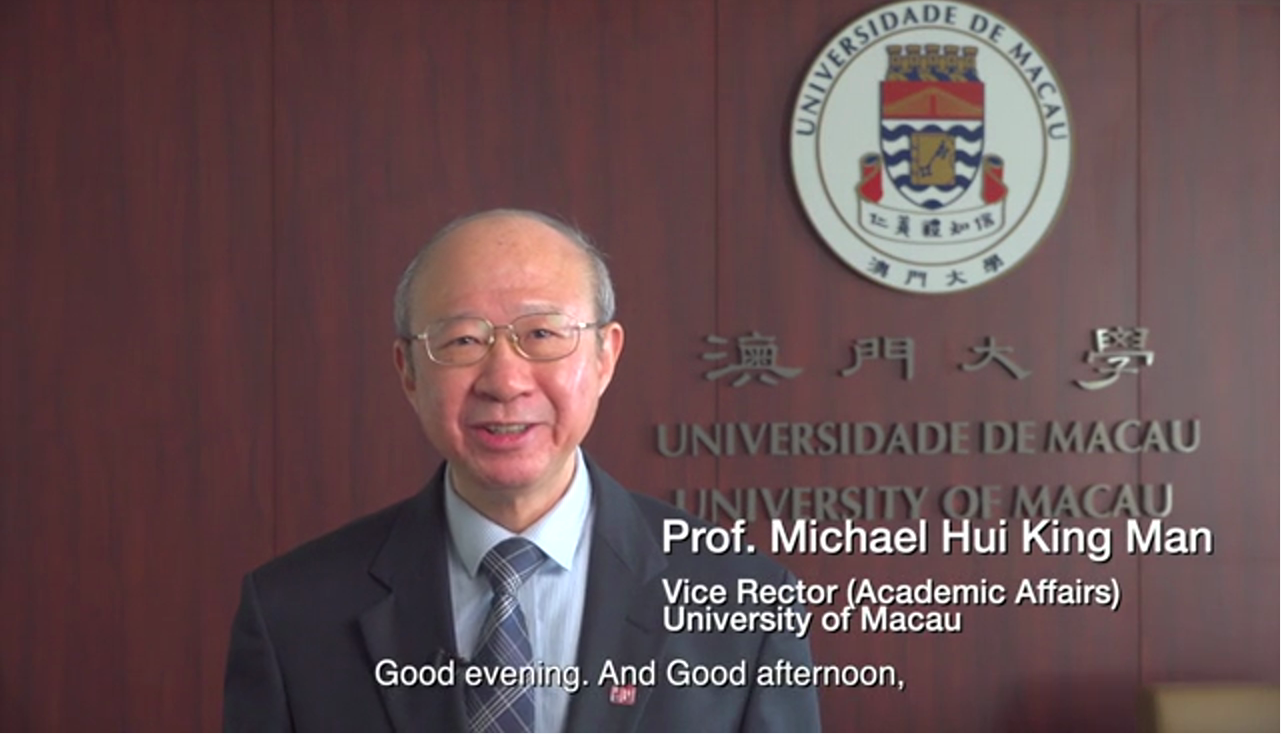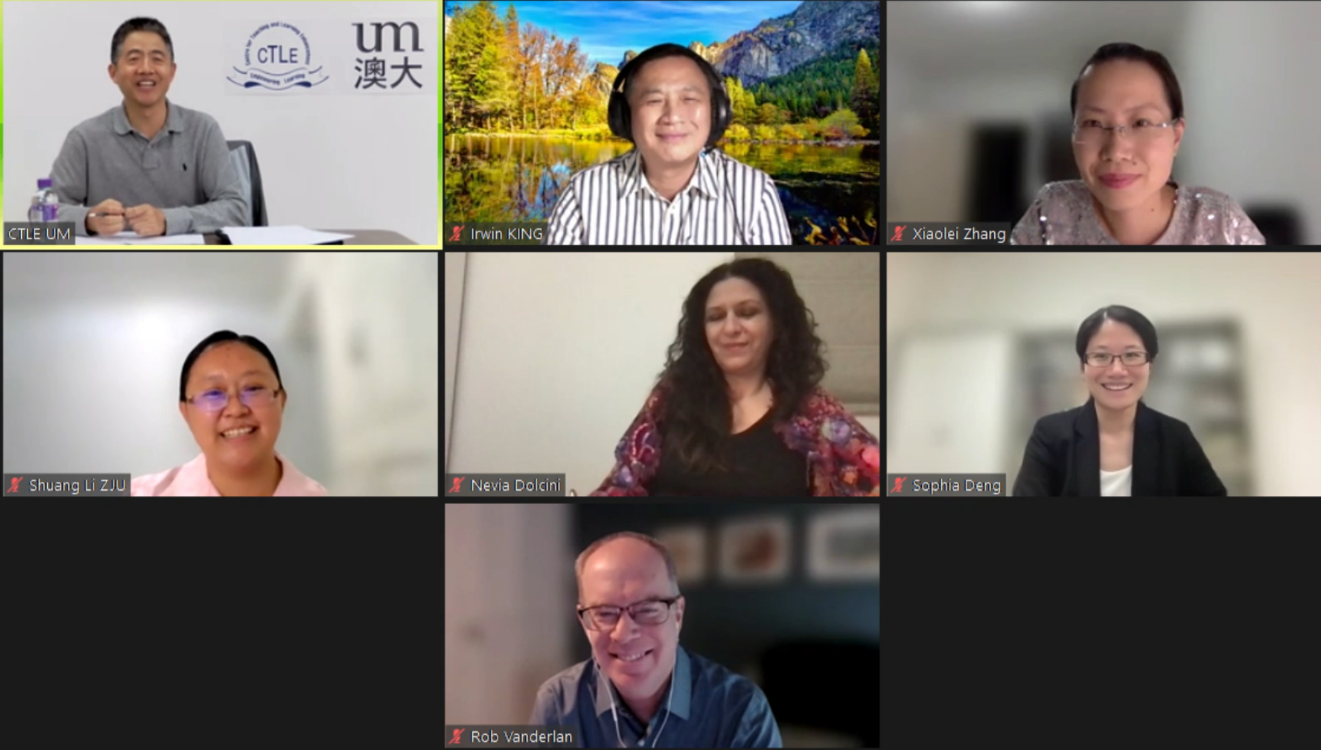Faculty members from various universities on December 6 shared experiences and discussed ways to work together to further improve the quality of higher education at the second sub-forum of the ongoing Global MOOC and Online Education Conference 2021. The replay of the second sub-forum can be viewed in English and in Chinese on XuetangX.
The sub-forum, titled “Technology-Enhanced Collaborative and Blended Learning,” was co-chaired by the University of Macau, the Global MOOC and Online Education Alliance, and the UNESCO Institute for Information Technologies in Education (UNESCO IITE).
Opening remarks

The sub-forum opened with opening remarks from Michael K. Hui, vice rector for academic affairs of the University of Macau. He pointed out that digital technology played an important role in the transformation of higher education, in improving teaching and learning experience, and in building a social environment for lifelong learning. He informed that the University of Macau had established the Centre for Teaching & Learning Enhancement to explore the deep integration of digital technology and education, as part of the university’s efforts to promote digital education reform.
Hui also stated that the Global MOOC and Online Education Conference provided an important platform for global higher education institutions to exchange experiences in digital education reform. He wished the sub-forums and the Main Conference great success.
Keynote speeches
Delivering a keynote speech, Robert Vanderlan, senior associate director of the Center for Teaching Innovation at Cornell University, said that MOOC and online education had changed the traditional higher education models, while digital technology kept expanding the influence of traditional education. He suggested that higher education institutions consider teaching needs, users’ privacy, and usability and accessibility when selecting online teaching tools.
Rachel Gunderson, an instructional designer in the Center for Teaching Innovation of Cornell University, likewise pointed out in her keynote speech that the flexible use of online teaching tools was conducive to achieving teaching goals and improving teaching quality.
Case studies and panel discussion
During the case studies and panel discussion that followed, Zhang Xiaolei (Associate Professor, School of Education of Tianjin University), Li Shuang (Associate Professor, Ocean College of Zhejiang University), Irwin King (Director, Centre for eLearning Innovation and Technology of the Chinese University of Hong Kong), Nevia Dolcini (Associate Professor, Department of Philosophy and Religious Studies of the University of Macau), and Sophia Deng (Assistant Professor, Department of Psychology; Academic Staff Advisor, CTLE of the University of Macau) shared their practical experience of online education and teaching of their respective institutions, and discussed the influence of the COVID-19 pandemic on online education and the advantages of hybrid teaching. They agreed that digital technology could improve the efficiency and effectiveness of teaching management.
Wang Chuang, Dean of the Faculty of Education of the University of Macau, served as the moderator.

Katrine K. Wong, Director of the Centre for Teaching and Learning Enhancement at the University of Macau, and Wang Chuang, Dean of the Faculty of Education at the University of Macau, gave closing remarks at the sub-forum.
Wong said that good teaching design was conducive to improving students’ enthusiasm and ensuring the quality of online teaching, while Wang expressed his heartfelt gratitude to the guests for sharing their insightful thoughts. He said that online education was still in the exploratory stage, and that teaching design and implementation were still facing various challenges. Wang called on universities all over the world to strengthen cooperation and jointly promote the development of online education.
The replay of the second sub-forum can be viewed in English and in Chinese on XuetangX.
